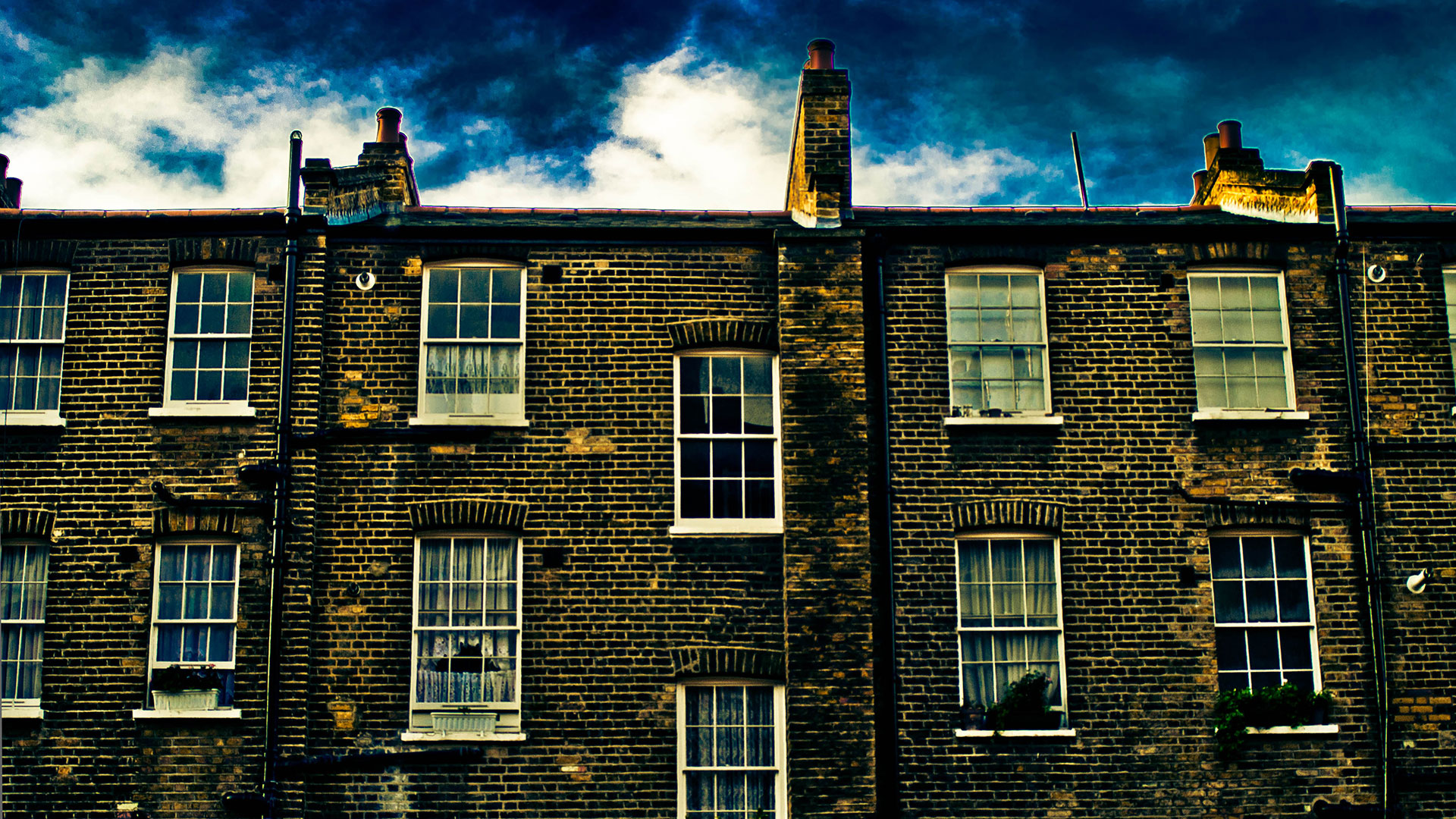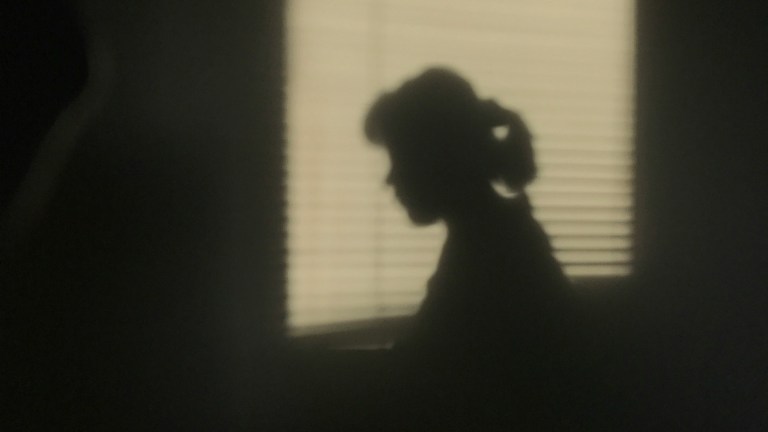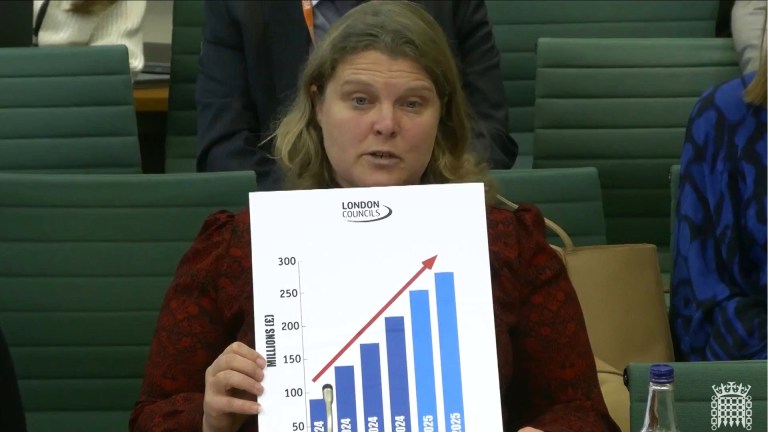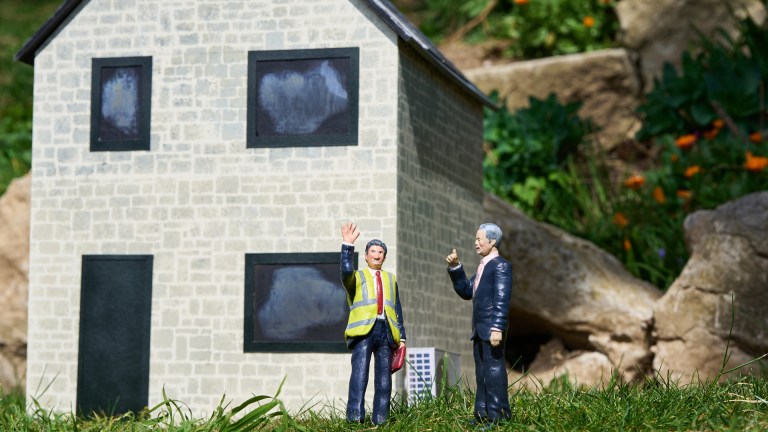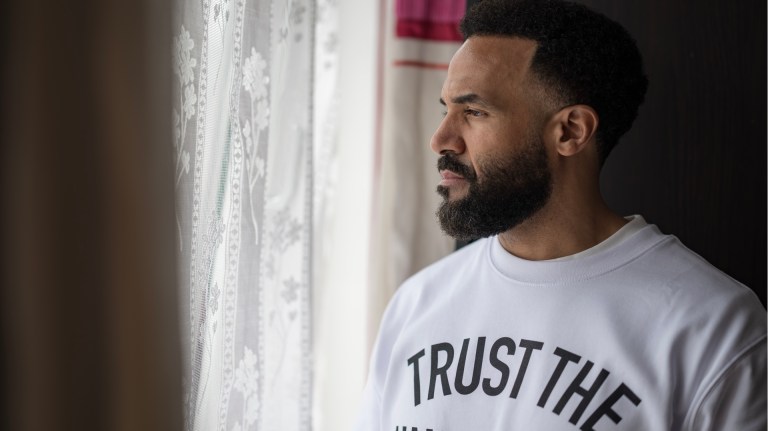The growth of the private rented sector brings higher costs and less security for tenants – meaning the average millennial spends as much as 44,000 more on rent than the average baby boomer did.
Centrepoint described the trend as “hugely concerning” for young people at risk of homelessness. The decline in social housing has made them heavily reliant on private rents – yet only a fifth of private landlords said they would consider letting to young people.
Housing costs have hit young people’s wallets harder with each generation, with 36 per cent of them spending more than half their income on housing when they first move out (only 14 per cent of those now in their sixties had to pay out as much).
Stagnating incomes and the current benefits freeze have only added to the problem: Young people today are less likely to earn enough to cover those housing costs than they were in the ’70s.
The research showed the current economic climate is forcing young people to rely on their families for financial support – an option not available to many.
“The safety net originally designed to bridge this gap – support with housing costs, a fair minimum wage rate – is no longer working as it should,” the report read.
Twice as many young people are forced to move back into their parents’ homes after moving out as once did in the 1970s (48 per cent compared to 24 per cent). This is an attempt to save money in more than one in three cases.
Obakin also said: “The high cost of housing, increased reliance on the private rented sector and the need to depend on multiple sources of income are challenges all young people in the UK face.
“But for the homeless young people Centrepoint supports, who cannot move back home, or depend on financial support from family members, these challenges can be insurmountable.
“We all want to live in a society that opens doors for the next generation, rather than forcing them onto the street.”
